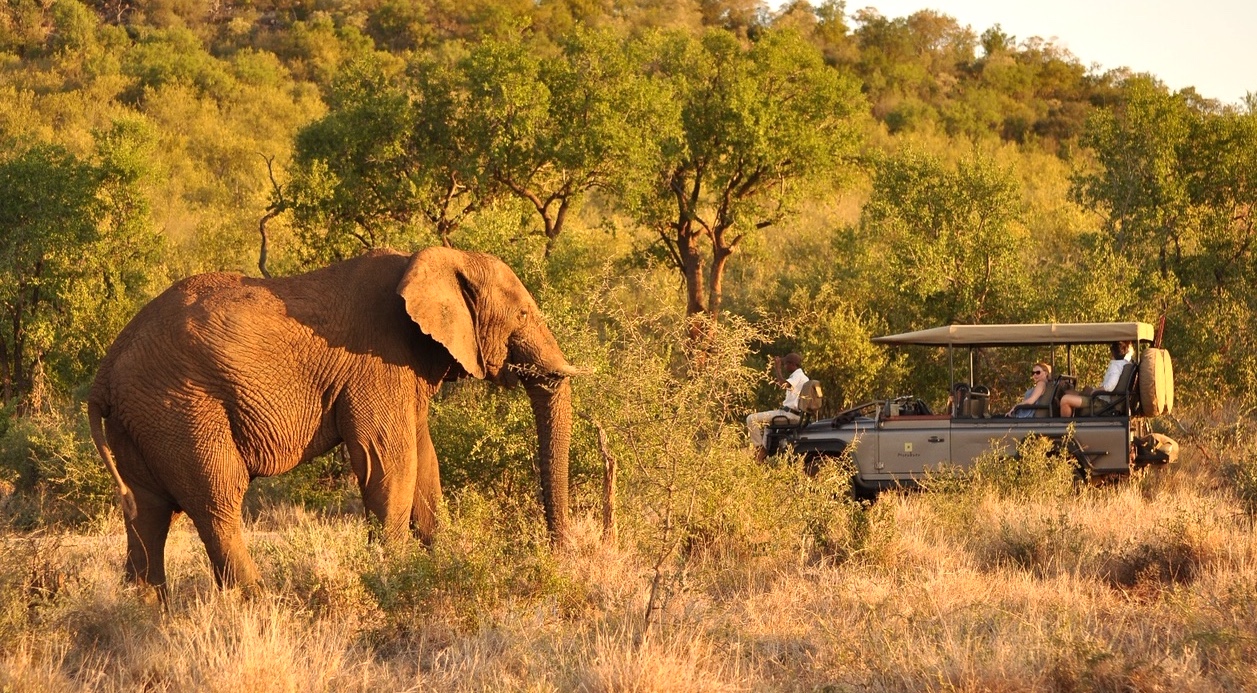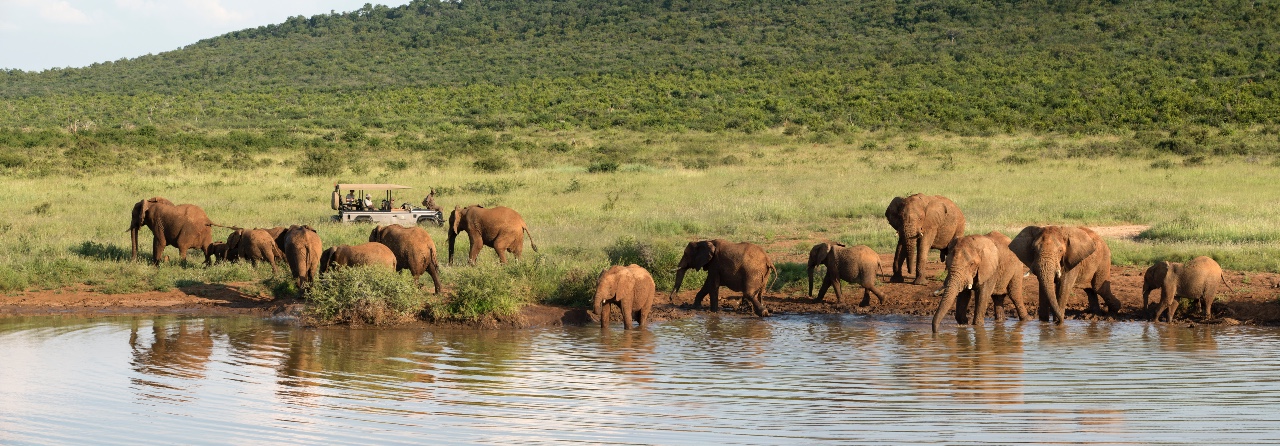

The World Wide Fund for Nature (WWF) says the African Elephant will be extinct by 2040! So, action needs to be taken to save one of the globe’s most iconic creatures. One way all nature lovers can contribute is to spread awareness of elephants by supporting World Elephant Day. This day has been created to bring the world together to help and honour elephant!
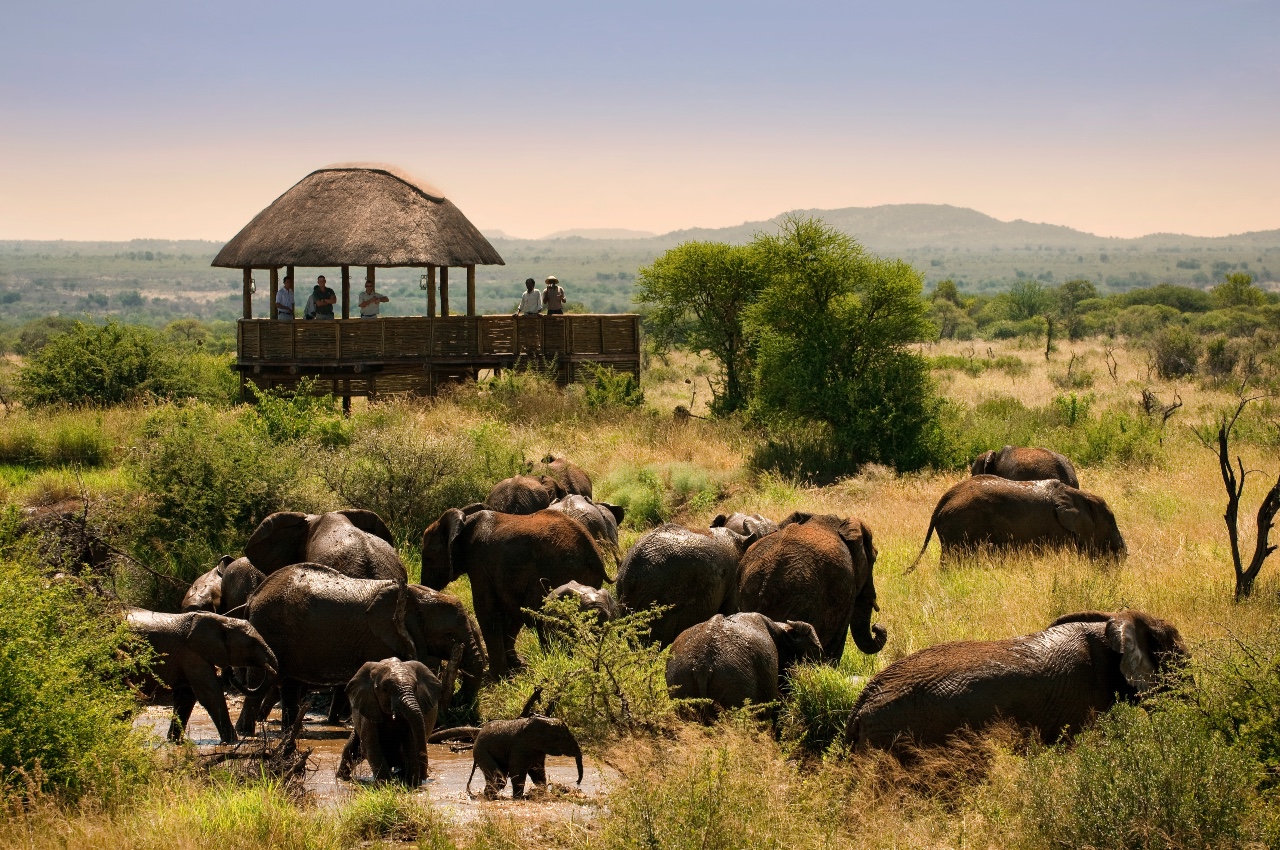

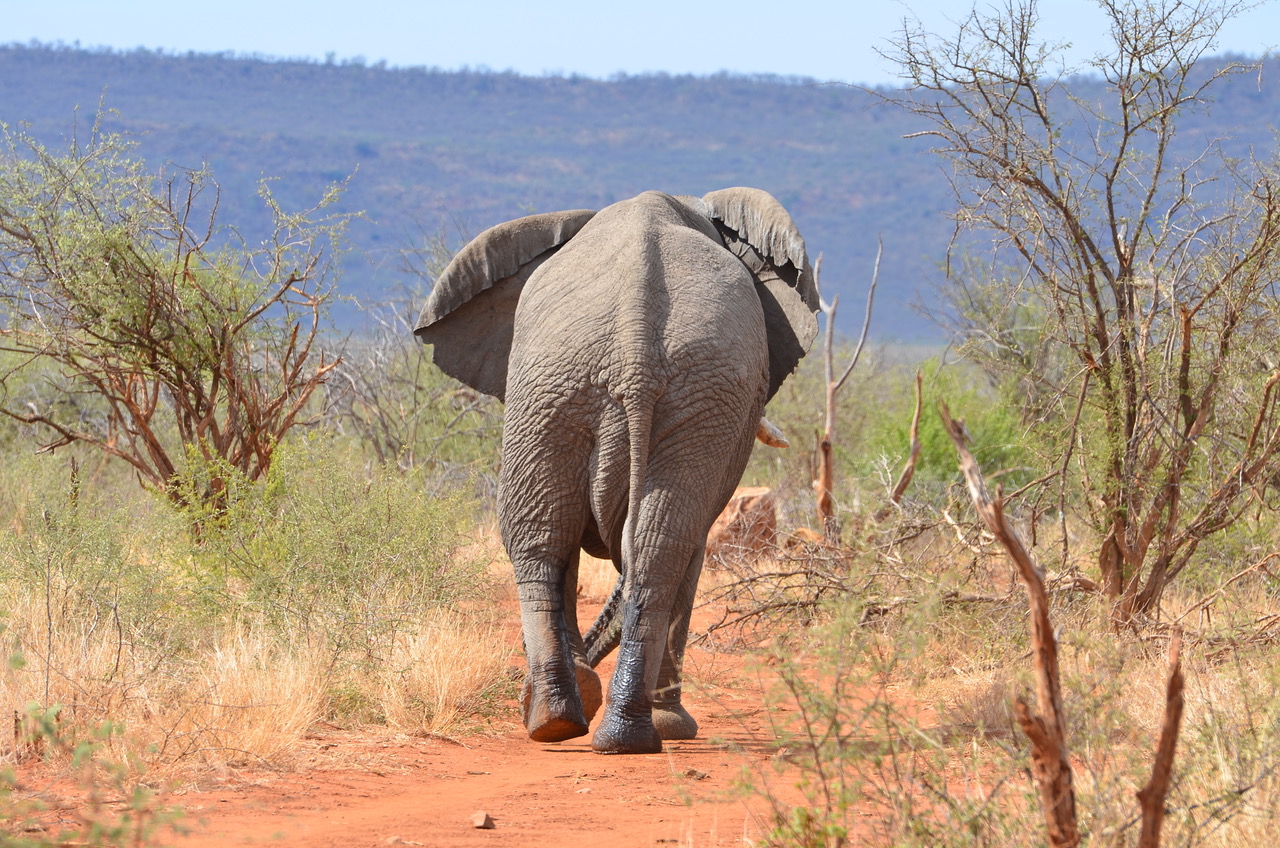

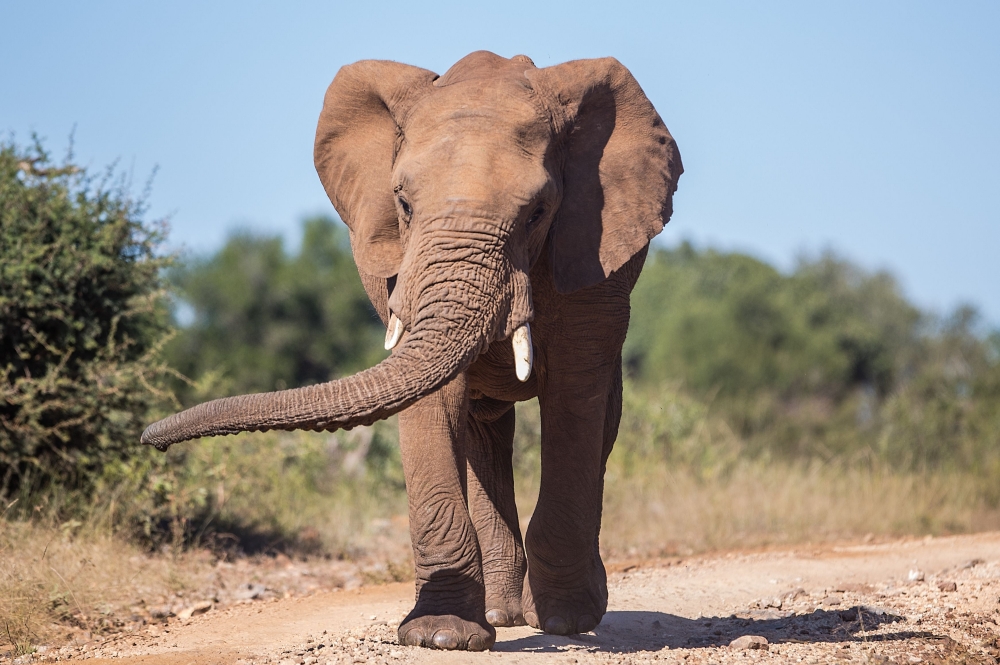

Elephant have a total of 26 teeth, their tusks counting for two.
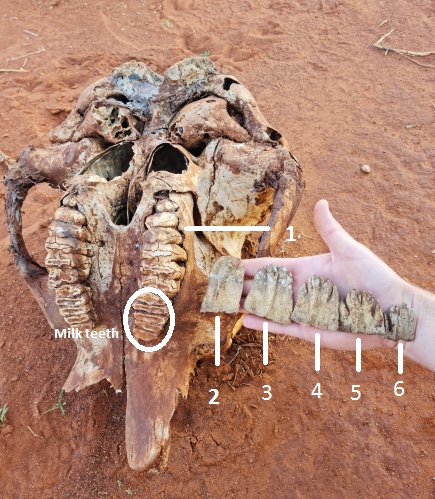

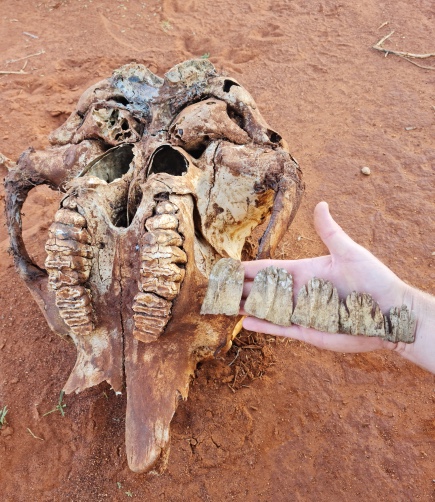

Elephant tusks never stop growing. They keep developing, and on average female tusks increase 7cm and males 11cm each year.


Tusks are made up of two layers. The outer layer is enamel, and the middle is dentine - which is similar to human teeth. The difference is that elephant dentine is Type B which is more coarsely grained than ours.
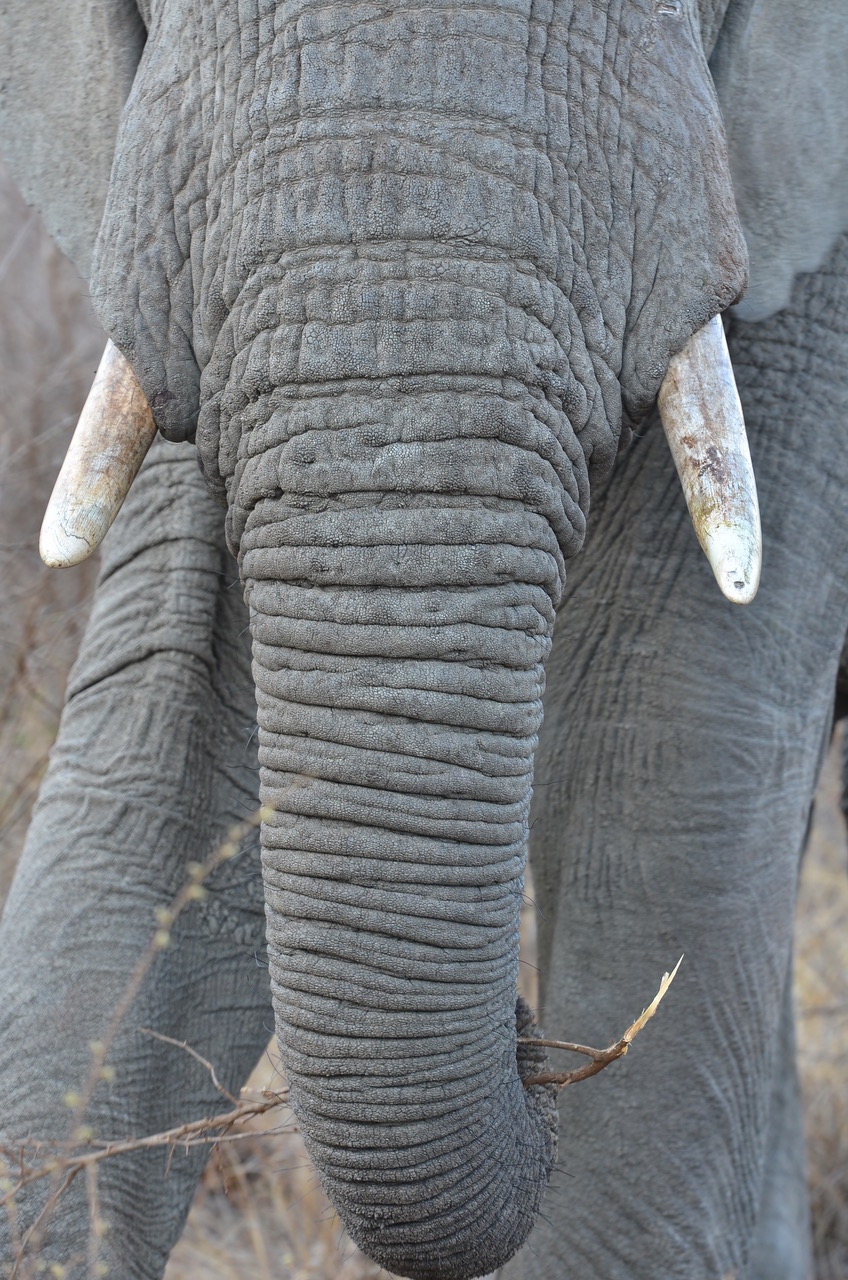

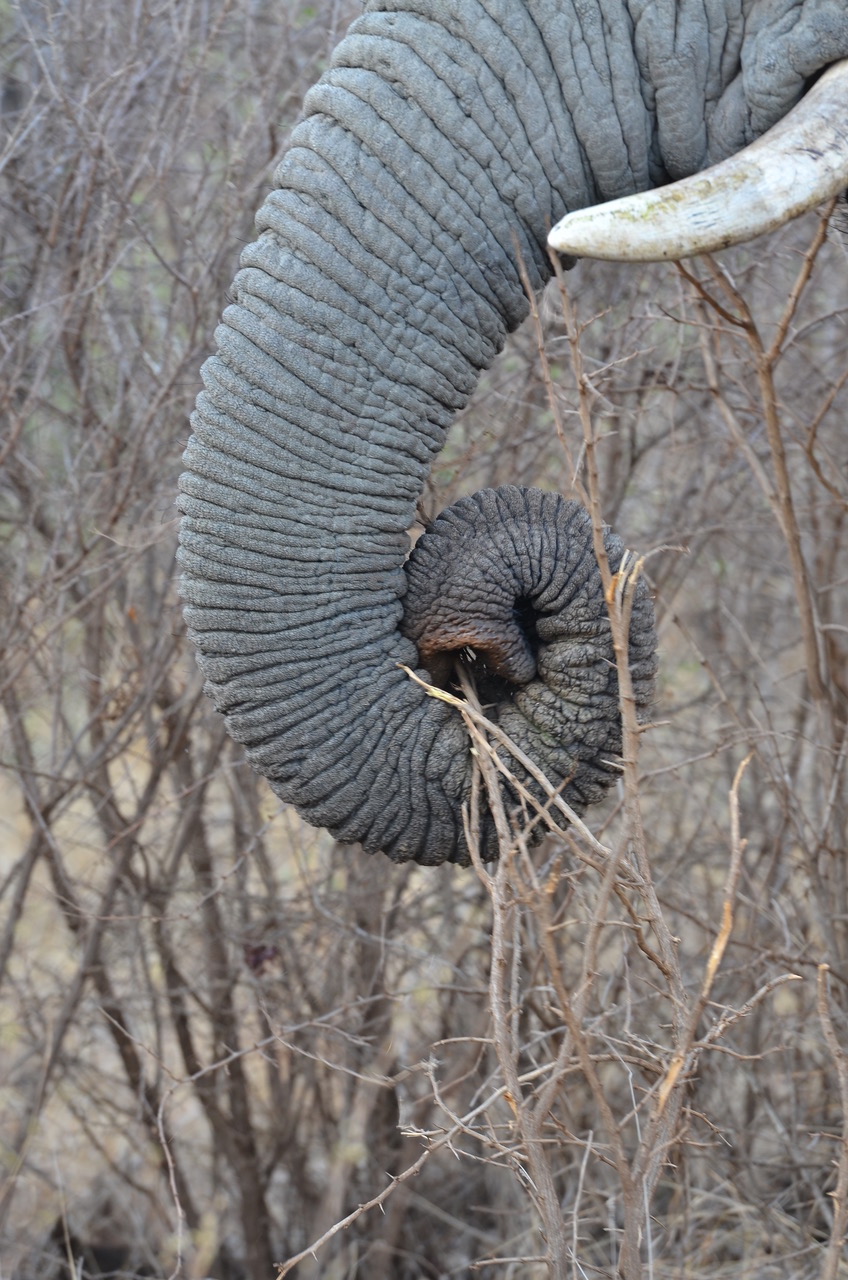

Male tusks grow at an outward angle, and female tusks grow at an inward angle. So when you are out on a game drive, this is a quick way to identify the sex of an elephant.
Elephant skulls are curious because they are not made of solid bones. Instead, the skull bones are made up of honeycomb structures.
Elephant have seven neck vertebrae.


The African Elephant has four toenails on its front feet and three toenails on its back feet. (Indian Elephant have four toenails on their front feet and four toenails on their back feet).
Elephant have the longest gestation period of all mammals, carrying their young for 18 to 22 months before birth. When the babies arrive, they are about one meter tall and weigh between 80 – 120kg.
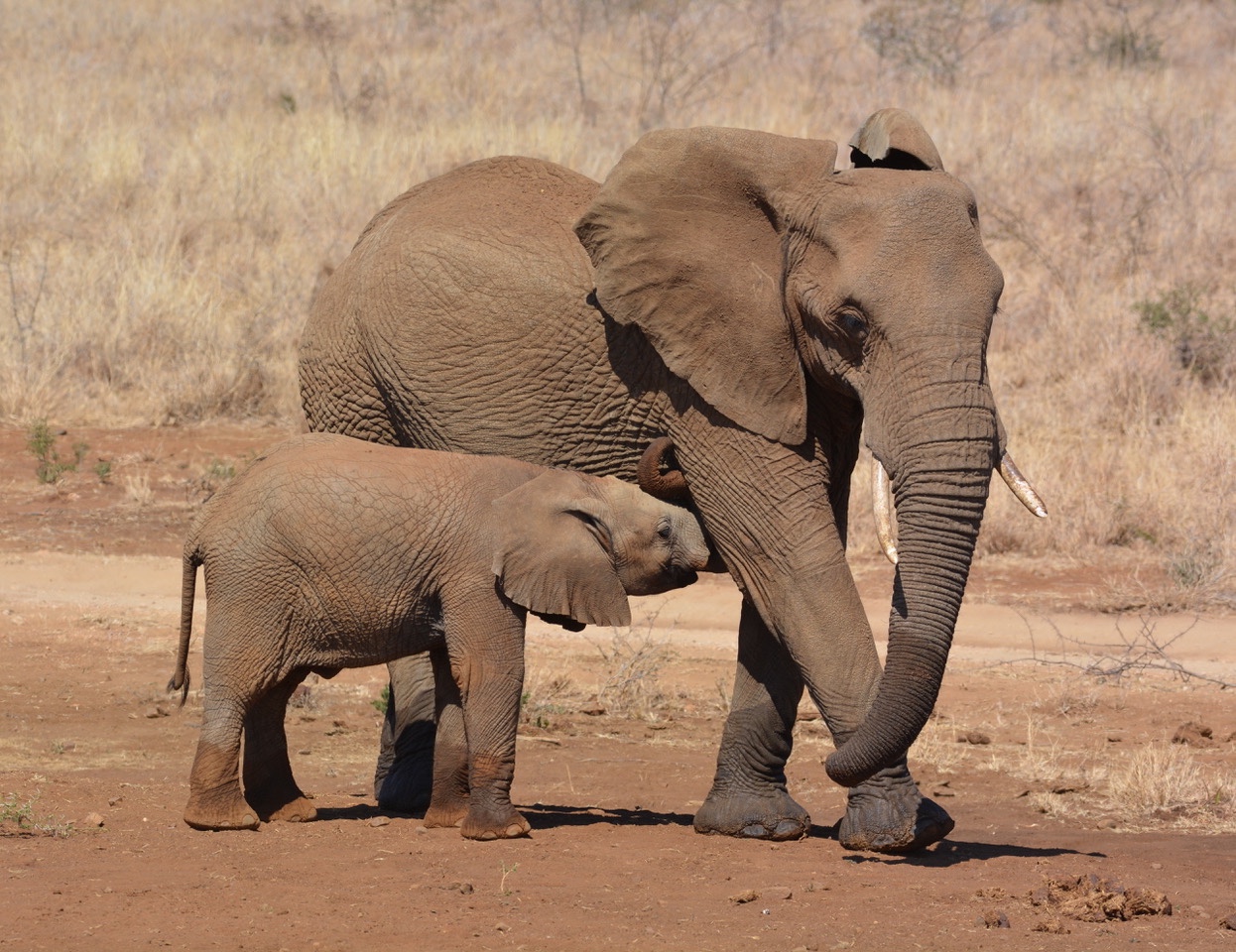

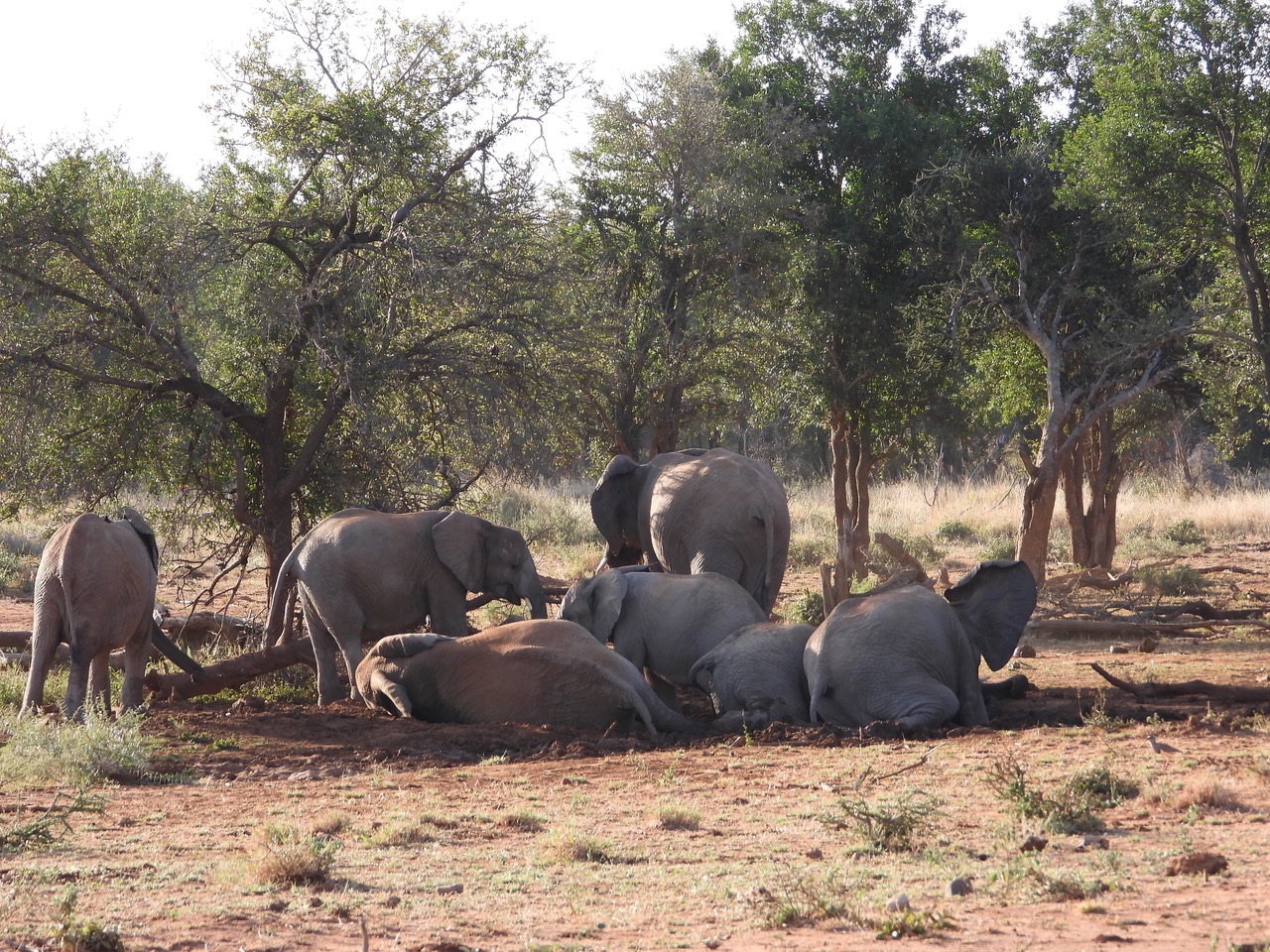

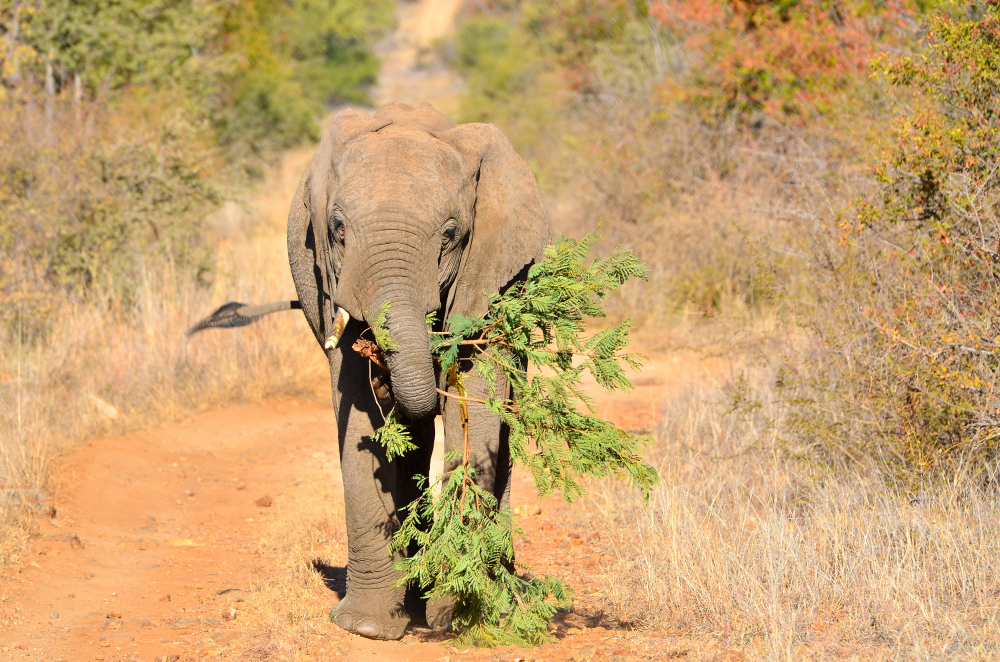

Elephants can’t jump.
If you’ve ever seen an elephant up close, you know that these animals are truly majestic in the bush. Elephant are wise, friendly, fascinating beasts. Unfortunately, despite how beloved elephant are, poaching and environmental destruction have taken a toll on them, and the African Elephant is classified as a vulnerable species.
